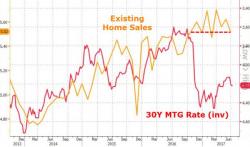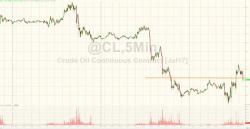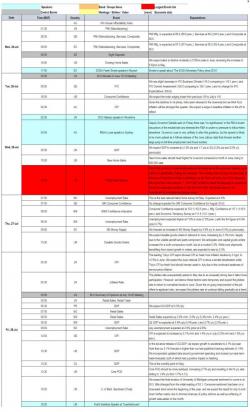Existing Home Sales Slump In June - Weakest Summer Selling Season Since 2011

On the heels of homebuilder optimism tumbling to 8-month lows in July, existing home sales slumped in June (down 1.8%, more than the 0.9% decline expected) to the second lowest SAAR this year. Existing home sales are now unchanged since September, but we note that average prices are up 6.5% YoY.


